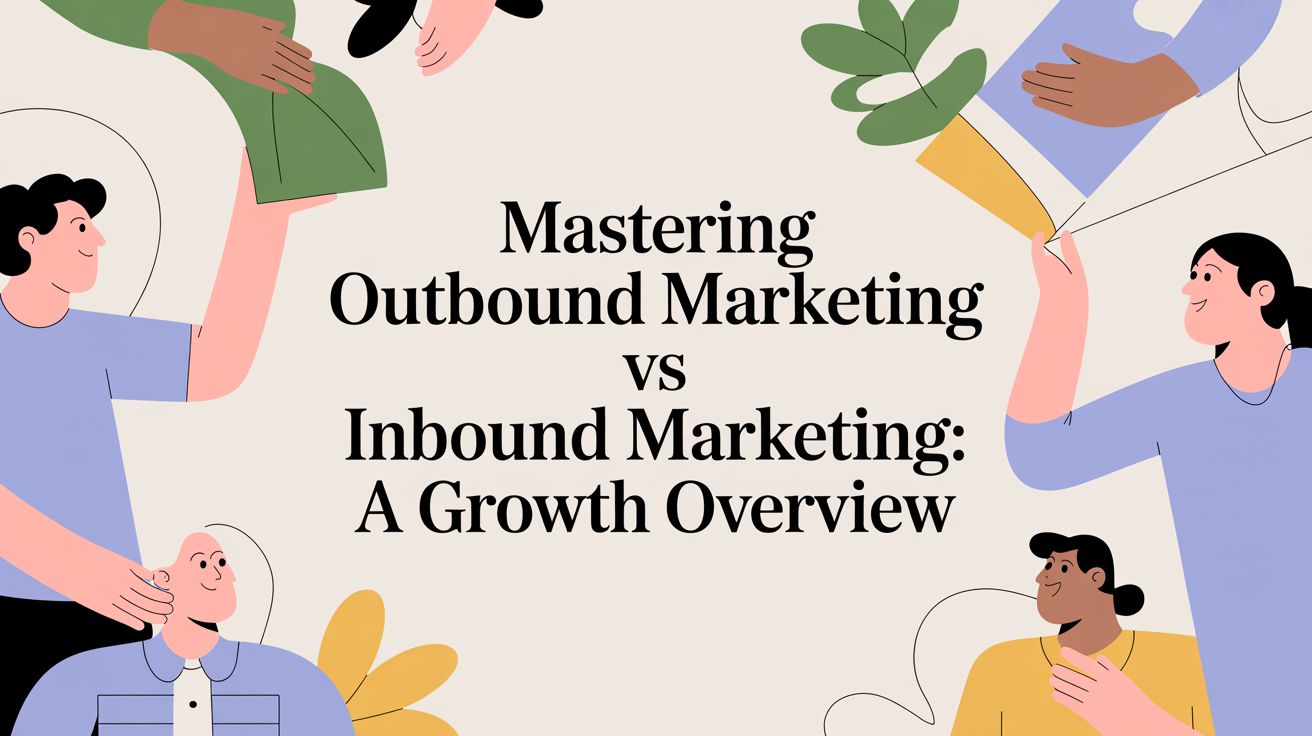Weekly marketing wisdom you can read in 5 minutes, for free. Add remarkable ideas and insights to your inbox, once a week, by subscribing to our newsletter.

Why Page Speed Is a Marketing Metric You Can’t Ignore
Introduction
In a world where digital first impressions matter more than ever, your website’s performance is more than just a technical issue. It is a powerful marketing factor that influences everything from user experience to search engine rankings and conversion rates. If your pages take too long to load, you risk losing visitors before they even engage with your content.
Page speed sits at the heart of website performance. Yet many businesses still overlook its importance in marketing strategy. In this article, we explore why website performance is a metric you cannot afford to ignore and how improving it can directly impact your marketing results.
Table of contents:
What Is Website Performance?
Website performance refers to how quickly and efficiently your website loads and functions across different devices and networks. It is not only about how fast a page appears, but also how consistently it performs under varying traffic loads and user interactions.
Performance affects how users experience your brand. A slow website frustrates users, increases bounce rates, and reduces the likelihood of conversions. On the other hand, a fast, responsive site builds trust and encourages engagement.
Why Page Speed Matters for SEO
Search engines, particularly Google, factor in page speed when ranking websites. A slow site can lead to lower visibility in search results. Website performance is considered part of a good user experience, and Google’s Core Web Vitals have made this more important than ever.
Core Web Vitals include metrics like Largest Contentful Paint (LCP), First Input Delay (FID), and Cumulative Layout Shift (CLS). These indicators reflect how quickly your content loads and becomes interactive for users. Sites that perform well on these metrics tend to rank higher.
For a deeper look at how performance ties into visibility, explore our article on What Is SEO? Everything You Need to Know.
Impact on Conversion Rates
Website performance has a direct link to conversions. Studies consistently show that even a one-second delay in page load time can reduce conversions by up to 7%. Whether your goal is sales, sign-ups, or enquiries, a fast website makes it easier for users to take action.
Slow-loading pages create friction in the customer journey. Users are more likely to abandon their session, and those who stay are often less inclined to complete a purchase or form submission. Improving load speed is one of the most straightforward ways to increase conversion rate.
How Website Performance Affects Paid Ads
If you are investing in PPC campaigns, your landing page performance is crucial. Platforms like Google Ads assess landing page experience as part of their Quality Score system. A poor-performing page can lower your score, increase your cost per click, and reduce your ad placement.
Website performance also affects bounce rates from ad traffic. When users click an ad and are met with a sluggish site, they are more likely to exit without engaging. That means you are paying for visits that never convert.
You can learn more about optimising ads and landing pages in our guide to How To Create A Digital Marketing Funnel.
Mobile Experience Is Non-Negotiable
With mobile traffic now accounting for the majority of web visits, mobile site speed has become a critical component of website performance. Users on mobile devices often have less patience and may be relying on slower connections. If your site is not optimised for mobile performance, you risk losing a significant portion of your audience.
Responsive design, compressed images, minimal scripts, and fast-loading frameworks are key to delivering a strong mobile experience. Google’s mobile-first indexing means that your mobile site is often the primary version that search engines evaluate.
Tools to Measure Website Performance
Several tools can help you assess how your website is performing. Google PageSpeed Insights, Lighthouse, and GTmetrix all offer free performance audits. These tools provide recommendations on how to improve page speed, reduce load times, and enhance user experience.
They analyse factors like server response times, image sizes, code structure, and caching behaviour. Using these tools regularly helps you identify performance issues before they affect your rankings or user engagement.
Website Speed as Part of Brand Perception
Visitors often associate fast websites with professionalism and trustworthiness. When your site loads quickly, users feel that your brand is modern, reliable, and user-focused. In contrast, a slow website can make your business appear outdated or untrustworthy.
This is particularly important for first-time visitors. If someone discovers your site through a search or an ad, their first impression will be shaped largely by how quickly and smoothly it performs.
Making Website Performance a Marketing Priority
Improving website performance should not sit solely with your developer or IT team. It is a marketing priority that affects every digital channel, from search and social to email and paid media. Marketers should work closely with technical teams to ensure that performance benchmarks are part of every campaign and website update.
Performance audits should be scheduled regularly, and improvements should be tracked just like any other marketing metric. Including page speed in your monthly performance reports helps keep it top of mind.
Conclusion
Website performance, particularly page speed, plays a central role in marketing success. It affects your SEO rankings, conversion rates, ad efficiency, and user satisfaction. In a competitive digital environment, ignoring this metric could mean the difference between growth and decline.
Investing in website performance is one of the most cost-effective ways to boost your entire digital strategy. Faster websites convert better, rank higher, and make stronger impressions.
Want to ensure your site is delivering the best experience possible? Contact us to learn how we can help optimise your website performance for better marketing outcomes.




